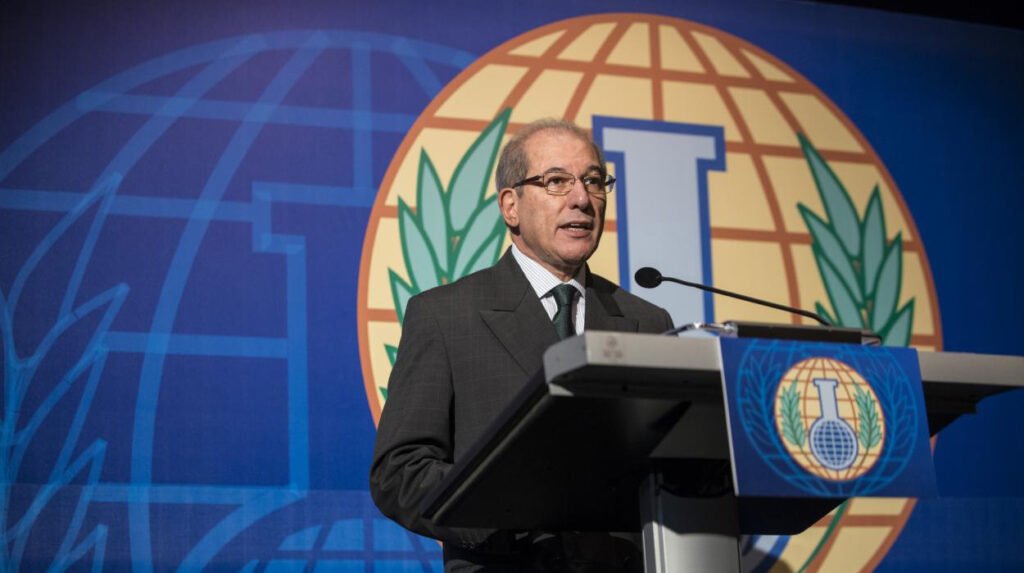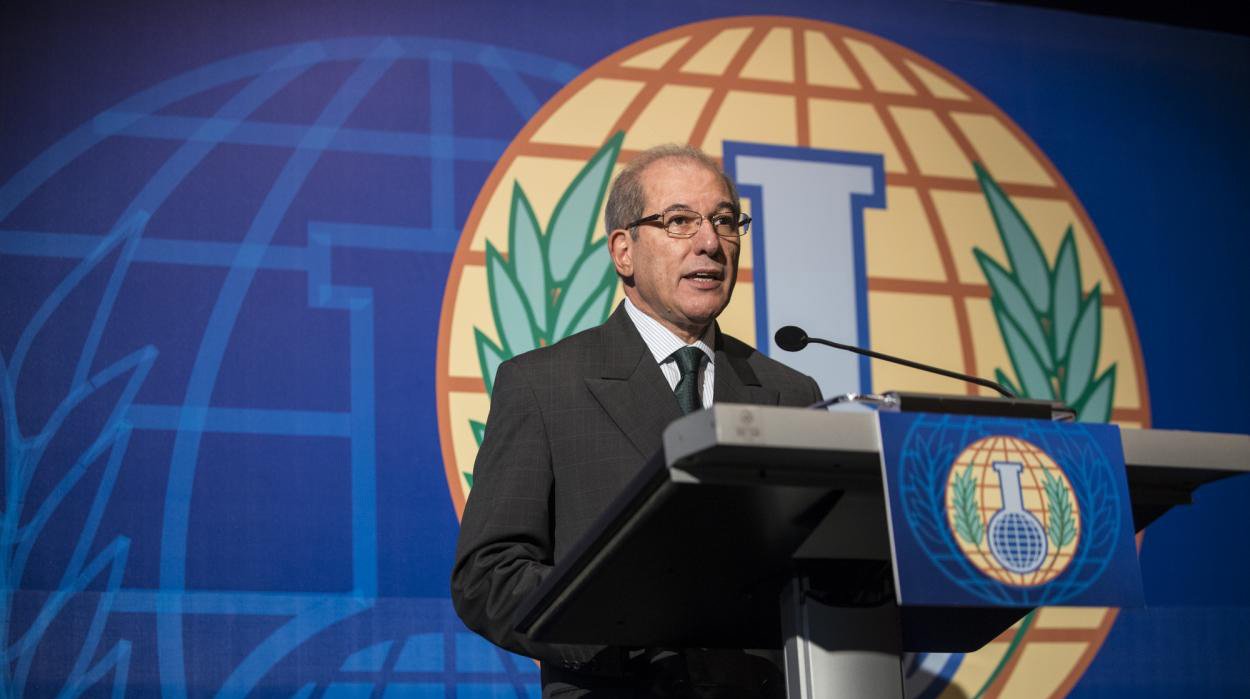
OPCW recently said that their nearly two-year investigation had found that at least one Syrian military helicopter had dropped gas cylinders on to residential buildings in the rebel-held Syrian city of Douma in 2018, killing 43 people. Recently OPCW blamed Syria gov’t for 2018 chlorine gas attack in Douma
About Organisation for the Prohibition of Chemical Weapons (OPCW):
- It is the implementing body of the Chemical Weapons Convention (CWC).
- Mission: To implement the provisions of the Chemical Weapons Convention (CWC) in order to achieve the OPCW’s vision of a world that is free of chemical weapons and of the threat of their use, and in which cooperation in chemistry for peaceful purposes for all is fostered.
- Its headquarters are located in The Hague, Netherlands.
- The OPCW receives states-parties’ declarations detailing chemical weapons-related activities or materials and relevant industrial activities.
- The OPCW is authorized to perform inspections to verify that signatory states are complying with the convention.
- It also performs testing of sites and victims of suspected chemical weapons attacks.
- OPCW reports on its inspections and other activities to the UN through the office of the secretary-general.
- The OPCW was awarded the Nobel Peace Prize in 2013.
Chemical Weapons Convention (CWC):
- It is a multilateral treaty that bans chemical weapons and requires their destruction within a specified period of time.
- It entered into force on April 29, 1997.
- The CWC requires states-parties to declare in writing to the OPCW their chemical weapons stockpiles, chemical weapons production facilities (CWPFs), relevant chemical industry facilities, and other weapons-related information.
- The CWC is open to all nations and currently has 193 states-parties.




